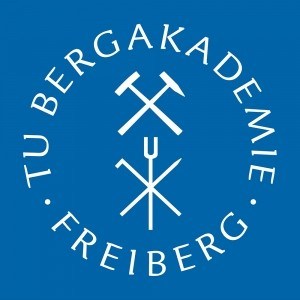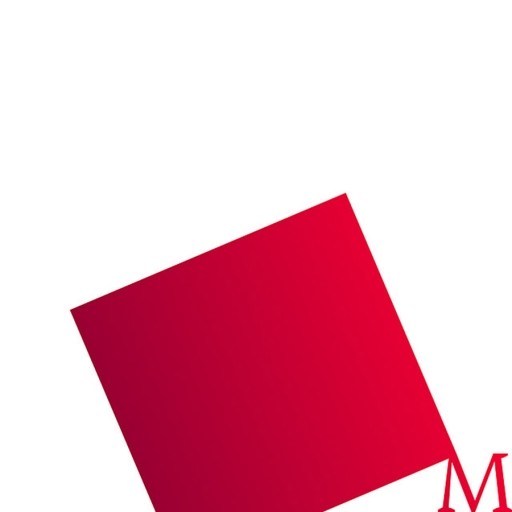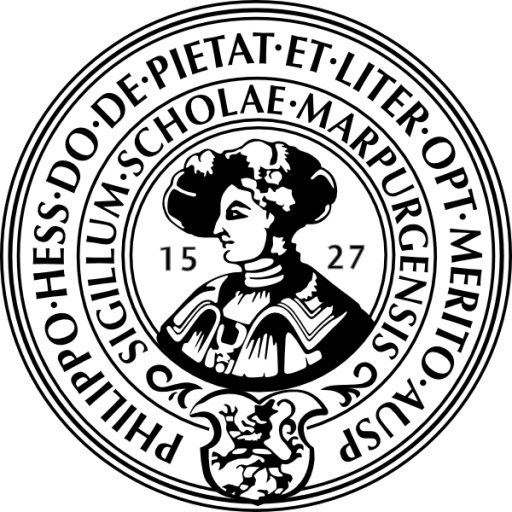Photos of university
The AMASE: Joint European Advanced Materials Science and Engineering master’s program offers students a comprehensive and multidisciplinary education in the field of materials science, focusing on the development, characterization, and application of advanced materials. This innovative program is a collaborative effort between Saarland University and its partner institutions across Europe, providing students with a truly international learning environment and access to cutting-edge research facilities. The curriculum is designed to equip graduates with both theoretical knowledge and practical skills necessary for addressing modern challenges in materials engineering, ranging from nanomaterials and biomaterials to functional and structural materials used in various industries such as aerospace, automotive, electronics, and energy.
Throughout the program, students will engage in coursework covering fundamental topics such as crystallography, thermodynamics, and materials processing, as well as specialized courses in areas like composite materials, semiconductor materials, and sustainable materials. A significant component of the program involves hands-on laboratory work, research projects, and industry internships, allowing students to gain valuable practical experience. The program also emphasizes interdisciplinary collaboration and innovation, encouraging students to develop problem-solving skills and adapt to rapid technological advancements in the field.
Moreover, students benefit from the opportunity to participate in joint research initiatives within European networks, fostering international cooperation and exposure to diverse scientific perspectives. Graduates of the program are well-prepared for careers in academia, research institutions, or industry, where they can contribute to the development of next-generation materials that address societal needs such as environmental sustainability, energy efficiency, and advanced manufacturing. The AMASE program is committed to providing a high-quality education that combines scientific excellence with real-world applicability, ensuring that students are equipped to become leaders in the rapidly evolving field of materials science and engineering.
Educational organisation
First and second semesters: courses, seminars, language courses
Third semester: courses, seminars or project work, language courses
Fourth semester: Master's thesis
Study abroad unit(s)
Participants spend the third semester (30 ECTS) at one of the partner universities: Université de Lorraine (Nancy, France); Technical University of Catalonia (Barcelona, Spain); Luleå University of Technology (Luleå, Sweden). The Master's thesis (fourth semester) can be done in Saarbrücken or at the partner university the students spent the third semester.
It is also possible to spend the first year at one of the partner universities and the third semester at Saarland University. The Master's thesis can be done in Saarbrücken or at the entrance university.
Joint degree issued by the consortium or double degree awarded by two of the partner universities where the student has completed his/her studies
Internships
Internships in the industry are not compulsory but if carried out award ECTS credits.
Forms of assessment
Exams, credit points, project work, thesis
Course objectives
All graduates of the AMASE programme will be able to:
- take responsibility within an industrial research or development project
- start PhD studies
- reinforce the research teams within the consortium or in industrial/university laboratories in their country of origin as well as at similar institutions worldwide
- adapt easily to working in new countries/new cultures
- work in international networks as required by an increasingly globalised industrial and scientific environment
- transfer their knowledge to other students and work as information multipliers, especially in their home countries
- integrate into multinational work teams (industry or universities) with the advantage of the language skills and cultural knowledge gained during the Master's programme
Language requirements
Sufficient knowledge of the language of the first host university.
- German: TestDaf Level TDN 3 (If you already have a ZD level, you may be able to attain the required level in a one or two-month intensive German course at Saarland University.)
- English: TOEFL 550 or TOEIC 750 points or IELTS 6.0 or FCE Grade C or BEC VANTAGE Approved
- French: DL Approved or DELF 2 Approved or DALF Approved
- Spanish: Dele Intermedio
At least some basic knowledge of the language of the second university.
Required DSH / TestDaF
Yes
Academic requirements
BSc or equivalent in the fields of materials science and engineering, physics, chemistry, or other engineering disciplines
Enrolment fees
Enrolment fees and local transport are included in the tuition fees.
Costs of living
About 800 EUR per month to cover personal expenses (incl. accommodation)
Job opportunities
Students can often work as student assistants in research projects.
Funding opportunities within the university
Erasmus Plus scholarships cover up to 250 EUR per month for talented students.
http://www.uni-saarland.de/einrichtung/eusmat/international-studies/master/amase/the-master-programme/fees-and-scholarships.html
Arrival support
The International Office provides support in finding accommodation and registering with the university and the residence authority, and organises social and intercultural activities.
Services and support for international students
Individual academic mentoring, support with academic life from scientists of the Materials Science Department
Accommodation
Support in finding accommodation: please see the website http://www.studentenwerk-saarland.de/en/Wohnen









